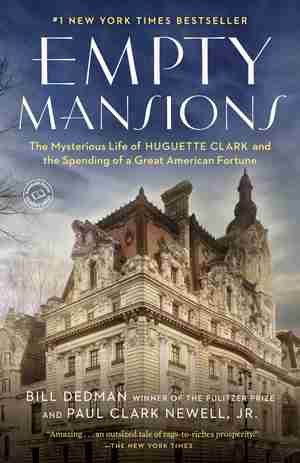About Me

So if you want to be happy at work like I am, then thanks for being a reader! I am a consultant that travels constantly and is always working with new people. I love what I do! I'm formally trained with an MBA and BS Engineering. At home and in my free time, I like to drink beer, travel, garden, read, hike with my dog, and play board games.
Recommended and Read
Popular Posts
-
Managing Transitions: Making the Most of Change By: William Bridges I liked this book for the most part. The main concept that...
-
Half the Sky: Turning Oppression into Opportunity for Women Worldwide by: Nicholas D. Kristof and Sheryl WuDunn What is the greatest u...
-
It takes a while to readjust after an amazing 2 week trip to China with 15 of my MBA classmates. Touring to Beijing, Shenyang, and Shanghai,...
-
Is the world really coming to an end? There seems to be many arguments with the US fiscal cliff, the Mayan 13th bak'tun year, and assort...
-
Coffee is still one of the most common beverages in the US. And it makes a great gift that you can share with friends and family at home. I...








